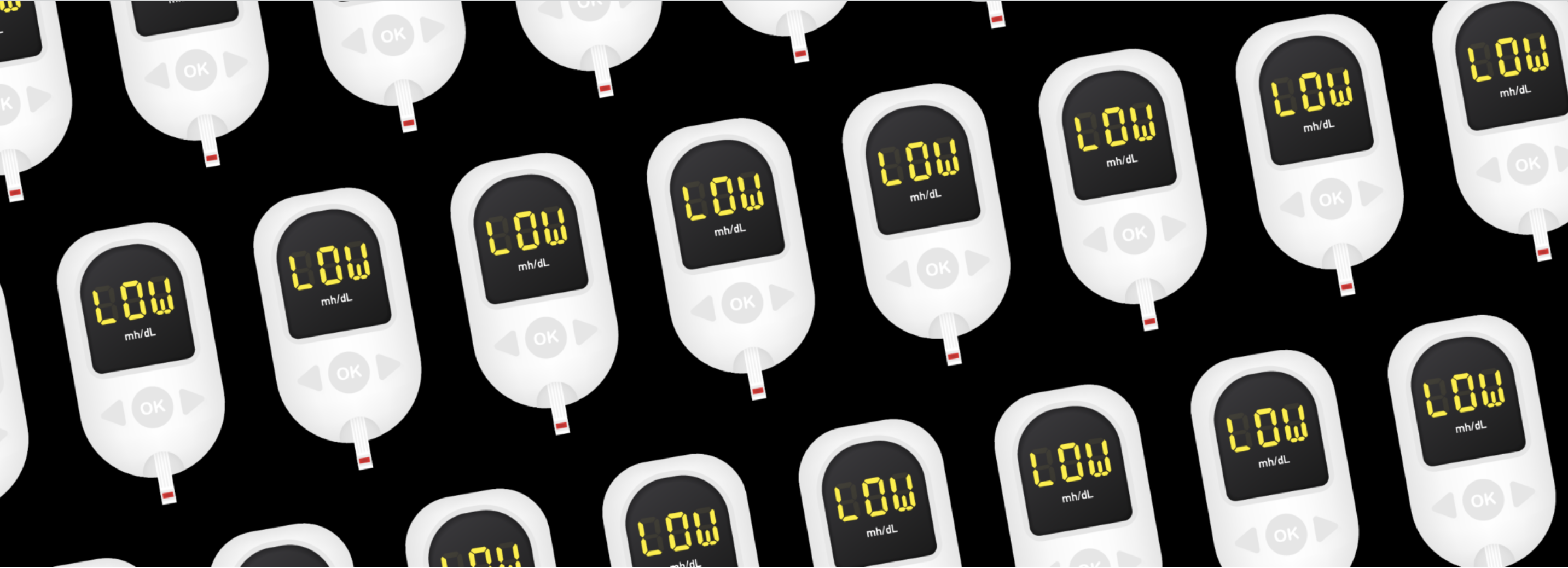Is Digital Health Coaching for Type 2 Diabetes Worth It?
Written by: T'ara Smith, MS, Nutrition Education
5 minute read
June 28, 2021
Digital health coaching: is it worth it for people with type 2 diabetes to spend their time and money on in order to reach their health goals? Two researchers debated it at this year's ADA conference.
Coverage of the ADA Scientific Sessions is brought to you by the ADA x BT1 Collab.
Health coaching—it’s a field a lot of us are already familiar with in some aspect. Health coaches can help you stay motivated to reach your goals by creating detailed plans or simply being a cheerleader who serves as an accountability partner. With today’s increasingly interconnected world and the rise of coaching apps and services, one can find a digital health coach anywhere.
But how effective is digital health coaching for people with type 2 diabetes (T2D)? Prices can vary depending on the company. Are they worth the cost?
That’s the question that was debated between two diabetes researchers, Anne Peters, MD and Kasia J. Lipska, MD, MHS, at the American Diabetes Association’s 81st Scientific Sessions. Below, we break down both of their positions for and against digital coaching for people with type 2 diabetes, respectively.
Peters: Why Digital Health Coaching is Worth The Cost for Type 2 Diabetes Management
“How do we best help people with diabetes manage their disease?” asked Peters, who kicked off the discussion. She pointed out that no one singular method is enough to help patients with T2D reach their target A1Cs and other diabetes-related goals. She mentioned several pillars of diabetes management that, when used in tandem, increase a patient’s success with diabetes.
- Education
- Newer and better medications
- Technology (i.e.glucose meters, continuous glucose monitors, insulin pumps)
As the world continues to change, the way people learn has, as well. Instead of visiting brick-and-mortar provider offices for in-person visits, plenty of people are utilizing telehealth services and moving to virtual platforms—proving that digital healthcare is still healthcare. Digital healthcare also encompasses a variety of tools to help patients manage diabetes. Digital coaching platforms that specifically cater to people with diabetes act as a supplement to diabetes self-care and management and providers would benefit from having extra insight into their patients’ experiences.
In addition to that, diabetes is the second most costly illness and according to Peters, the costs of digital health coaching are worth it if patients are experiencing benefits and reaching their A1C targets. Even a brief interaction with some programs can have an impact. For example, Peters referenced several studies to show how patients saved money on diabetes-related expenses and visits after partnering with a health coach.
- Over a 1-year period with the digital Diabetes Prevention Program (DPP), patients saw saved nearly $1200 in healthcare spending, spent about $700 less on inpatient care and had fewer admissions and shorter stays.
- With the Livongo (now Teladoc) diabetes program, patients received unlimited test strips, access to a diabetes educator for real-time support and goal setting and personalized insights into their glucose data. The result? They spent about 22 percent less on medical-related expenses, nearly 11 percent less on diabetes medications and 25 percent less on office-based services. Also, well-managed diabetes was associated with lower medical spending.
- In the Better Choices, Better Health Diabetes Program (BCBH-D), patients received online intensive, two-hours-and-a-half diabetes education sessions for six weeks. The result? A reduction in emergency visits with a direct cost savings of $815/year and an indirect cost savings of $1504.
In summary, Peters thinks digital health coaching programs are worth the cost for people with type 2 diabetes because:
- They reduce the need for expensive in-person visits.
- They may reduce the need for in-patient care.
- These programs offer a different way for patients to manage chronic health conditions.
However, Peters emphasized that digital health coaching programs are just one piece of the diabetes self-management puzzle. They’re worth it if patients actually use them and find them beneficial.
Lipska: Why Digital Health Coaching is Not Worth The Cost for Type 2 Diabetes Management
Lipska made some interesting points in her rebuttal to Peters. To start off, she explained that digital coaching isn’t well-defined because it varies from automated responses to human interaction. While she acknowledged digital health coaching has potential, there isn’t enough data to prove they’re effective. The small-scale studies of digital programs target glucose changes, consistency with medications, weight loss and quality of life. But, some of those studies are missing control groups, are not randomized, are short-term and can’t be blinded studies. Also, the long-term evidence about the effectiveness of digital coaching is lacking.
In the studies she highlighted, they’ve shown to only produce modest results. For one program, after one year:
- A1C decreased by only 0.14 percent, and that’s with only 14 percent of reported data.
- Cholesterol levels declined by 7.1 mg/dL, but that data was only available for 27 percent of the participants.
- Self-reported improvements in quality of life were only available for 57 percent of participants.
That program, however, was missing a control group, which would’ve shown the true impact of the treatment; it wasn’t randomized, which means there was selection bias, it was missing data for different outcomes and there were conflicts of interest.
Another major point of Lipska’s was that digital health coaching can feel impersonal. It takes time for providers and patients to build trust within their relationship. Can digital health coaches do the same? Are they getting to know their patients or are they repeating the same methods + discussions with every patient? For the programs that provide test strips and other freebies, some patients may only join programs for those and ignore the actual coaching aspect of the service.
Regarding the effectiveness of these services: do they actually solve the problems people with type 2 diabetes are facing? Lipska pointed out that diabetes care goes beyond just numbers like A1C and time-in-range; it must align with the patients’ overall lifestyle and help them solve practical issues that impact diabetes management such as helping an overworked person exercise more or even helping a homeless person find shelter.
That brought Lipska to her final points: access and affordability. In her view, the focus should be more on lowering the barriers to healthcare access. Coaching programs can exacerbate current disparities in healthcare and is limited to people who:
- Have insurance that may cover digital services
- Have the resources to pay out-of-pocket
- Are comfortable with behavioral surveillance
- Highly motivated to engage with technology
- Are tech-savvy enough to join a program
- Likely to achieve goals with minimal effort
She did point out that companies are generating significant revenue from offering health coaching services, but ended her rebuttal with this:
“Digital coaching has potential. We don’t have a robust body of evidence to know that it works. It hasn’t stopped companies from taking patients’ money. The marketing is ahead of the science. We need stronger evidence before cashing our patients’ checks.”
For more coverage of the American Diabetes Association’s 81st Scientific sessions, CLICK HERE.

Author
T'ara Smith, MS, Nutrition Education
T’ara was diagnosed with type 2 diabetes in July 2017 at the age of 25. Since her diagnosis, she focused her academic studies and career on diabetes awareness and living a full life with it. She’s excited to have joined the Beyond Type 1 team to continue her work. Two years later, T'ara discovered she'd been misdiagnosed with type 2 and actually has latent autoimmune diabetes in adults (LADA). Outside the office, T’ara enjoys going to the movies, visiting parks with her dog, listening to BTS and cooking awesome healthy meals. T’ara holds an MS in Nutrition Education from American University.
Related Resources

The biggest barbecue day of the year is the 4th of July! Celebrating the 4th...
Read more

Hypoglycemia and severe hypoglycemia are two things against which all people with diabetes should be...
Read more

Whether or not you have type 2 diabetes, you must eat. You must also pay...
Read more

